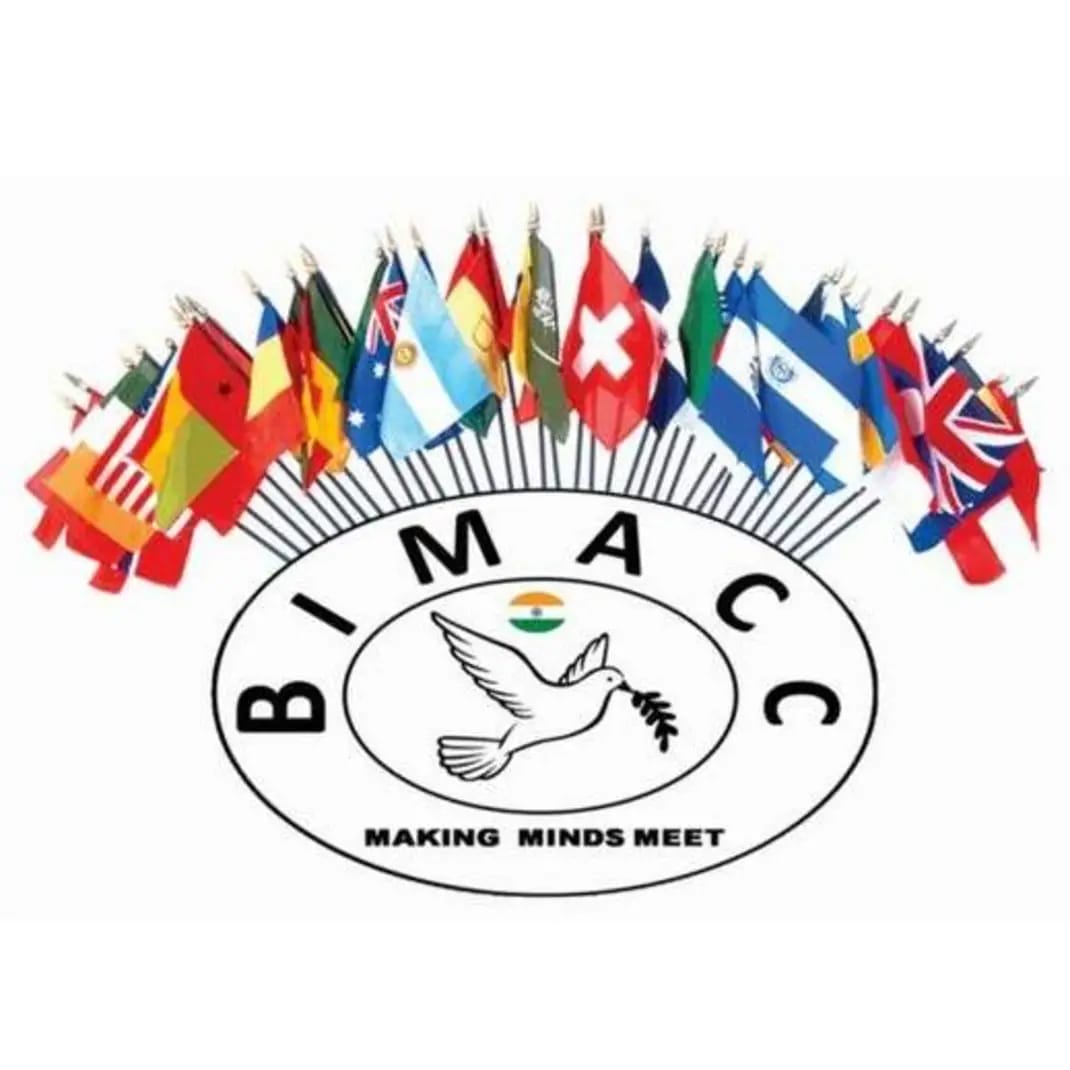Bangalore Chamber of Industry and Commerce
- Payment for CoO |
- info@bcic.in |
080 25583325 /26/27/
|
- Login |
-


MEDIATION
Mediation in India is divided into two categories which are commonly followed:
Court referred Mediation:
The court may refer a pending case for mediation in India under Section 89 of the Code of Civil Procedure, 1908. This type of mediation is frequently used in Matrimonial disputes, particularly divorce cases.
Private Mediation:
In Private Mediation, qualified personnel works as mediators on a fixed-fee basis. Anyone from courts to the public, to corporates as well as the government sector, can appoint mediators to resolve their dispute through mediation.
The mediator helps the disputing parties reach a conclusion based on their agreed upon terms. As it is a voluntary process and the parties retain all the rights and powers, any party can withdraw from the process of mediation at any phase without stating a reason. A Mediator is a facilitator who has no power to render a resolution to the conflict. The parties will work towards the solution as the mediator moves through the process, irrespective of whether a mediator is a legal professional or not, he cannot give legal advice while in the role of a mediator.
The mediation process is designed to give parties a better understanding of each other’s business needs. As such, each can look for a win-win solution that upholds their respective interests. The result always remains in the parties’ hands, which reduces potential risks that are so often associated with other forms of dispute resolution.
Mediation is a useful approach when parties in dispute have an ongoing relationship that they wish to preserve, such as a joint venture or long-term supply contract. With mediation, this is possible whereas there is unlikely to be any legal basis for seeking such relief in arbitration or litigation.
To sum up the MEDIATION Process is:
- Voluntary and Confidential
- Transparent, Time efficient, Informal and Flexible
- Either party is entitled to terminate the process at any time and withdraw from mediation without assigning any reason.
- It offers an excellent opportunity for early resolution of disputes whereby substantial legal costs, expenses, trauma and tensions for both parties is avoided.
- The process is non-adjudicatory. It is negotiation based and no judgment is passed.
- The focus is on finding a permanent solution rather than determination of 'rights'.
- The process is not constricted by the rigidity of the law or the legal system.
- Prominence is accorded to parties.
- Counsel's assistance is required and used for ascertaining the applicable law and its effect upon the issues in dispute.
- The Decree / Order would be final and no Appeal would be permissible.
- The process results in a WIN-WIN situation for both parties as it would resolve the dispute in a manner beneficial to both parties and without apportioning blame.
Mediation is beneficial for both the sides as the courts are less burdened and the parties are getting their issues resolved quickly with less hassles and in a smoother way.
You may be wondering now as to what the difference between a Mediation and Arbitration is.
ARBITRATION
Arbitration is a procedure in which a dispute is submitted, by agreement of the parties, to one or more arbitrators who make a binding decision on the dispute. in choosing arbitration, the parties opt for a private dispute resolution procedure instead of going to court. Arbitration is an effective method of resolving disputes outside court.
Arbitrator listens to facts and evidence and renders an award. Mediator helps the parties define and understand the issues and each side's interests. Parties present case, testify under oath. Parties vent feelings, tell story, engage in creative problem-solving.
| Arbitration | Mediation |
| Adjudication | Expedited negotiation |
| Arbitrators control the outcome. | Parties control the outcome. |
| Arbitrator is given power to decide. Final and binding decision. | Mediator has no power to decide. Settlement only with party approval. |
| Often extensive discovery is required. | Exchange of information is voluntary and is often limited. Parties exchange information that will assist in reaching a resolution. |
| Arbitrator listens to facts and evidence and renders an award. | Mediator helps the parties define and understand the issues and each side's interests. |
| Parties present case, testify under oath. | Parties vent feelings, tell story, engage in creative problem-solving. |
| Process is formal. Attorneys control party participation. | Process is informal. Parties are active participants. |
| Evidentiary hearings. No private communication with the arbitrator. | Joint and private meetings between individual parties and their counsel. |
| Decision based on facts, evidence, and law. | Outcome based on needs of parties. |
| Result is win/lose award—Relationships are often lost. | Result is mutually satisfactory—A relationship may be maintained or created. |
| More expensive than mediation, but less expensive than traditional litigation. | Low cost. |
| Private (but decisions are publicly available). | Private and confidential. |
CONCILIATION
Conciliation is another Alternative Dispute Resolution mechanism by which any third party, not necessarily neutral or independent, shall be appointed to facilitate a settlement between parties. The Conciliator, while adhering to confidentiality, may use persuasive skills to bring about a settlement. Conciliation, like mediation, is a voluntary process. BCIC-BIMACC provides a panel of Conciliators who again are drawn from a panel of mediators and arbitrators and prescribes its own rules.
